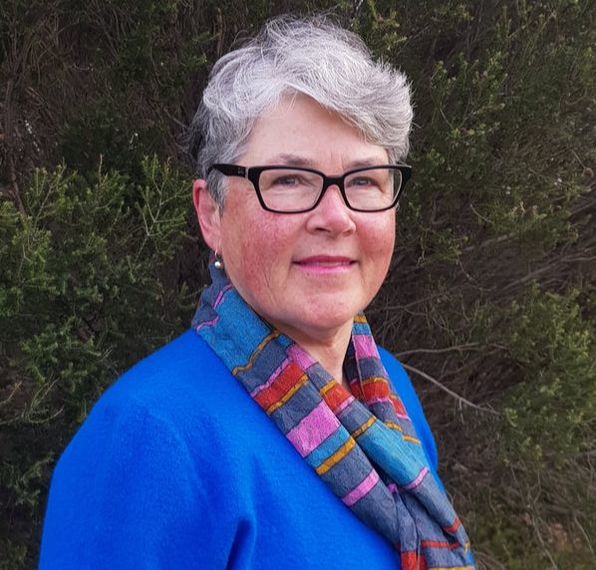It is now well over 20 years ago since I first became conscious of God's tug on the leading strings of his Law. it began with an awareness that commencing a new relationship after separation and divorce from my husband was untenable, that it would be committing adultery, and that no matter how much I might wish otherwise, the vow of marriage - taken in the name of God the Father, God the Son and God the Holy Spirit - could not easily be set aside.
This awareness was so strong that I did not question it. It was more than awareness, it was knowledge. I knew. I knew God did not like the separation from my husband; I knew staying with my husband was impossible; I knew there was a boundary and that to breach that boundary by entering into a new relationship would somehow be a trespass against my own best interests; I knew that whatever I decided was critical to my future. And I knew that the choice I had to make was so self-evident that it was hardly a choice. Without even a murmur of regret, I chose for God.
At that time I was not attending church. Yet without any difficulty, and in the absence of any institutional or familial guidance, I held to the certainty that I was choosing for God.
Far from feeling limited or confined by the consciousness of this new boundary, I felt somehow that I had been liberated into a new space, a vast and exciting terrain in which everything was unfamiliar but to which I had a right to belong. I was no alien here.
It was probably about seven, perhaps nine years later that I knew I was being asked to keep the Commandments - specifically what are generally known as the Ten Commandments, the Ten Words or the Decalogue. By this time I was attending a home church and was regularly reading the Bible with considerable enjoyment if not deep understanding. Not that immersion in the books of what Christians call the Old Testament - or even the Gospels - was encouraged. The home church movement is as much influenced by Pauline theology as the Anglican diocese in which I now worship, with an emphasis on doctrines of grace, faith and belief. But a call is a call, and so I set about finding out what these Commandments were. At that time I could have listed perhaps five or six, but not in the order that they are given in Exodus 20.
I took to the task quite lightly. I remember thinking that at least I didn't covet! How wrong, how very, very wrong I was. I was to discover and face (and heal) some entirely dark and unlikable aspects of myself - while experiencing the most intense joy. Happy is the one indeed . . .
This awareness was so strong that I did not question it. It was more than awareness, it was knowledge. I knew. I knew God did not like the separation from my husband; I knew staying with my husband was impossible; I knew there was a boundary and that to breach that boundary by entering into a new relationship would somehow be a trespass against my own best interests; I knew that whatever I decided was critical to my future. And I knew that the choice I had to make was so self-evident that it was hardly a choice. Without even a murmur of regret, I chose for God.
At that time I was not attending church. Yet without any difficulty, and in the absence of any institutional or familial guidance, I held to the certainty that I was choosing for God.
Far from feeling limited or confined by the consciousness of this new boundary, I felt somehow that I had been liberated into a new space, a vast and exciting terrain in which everything was unfamiliar but to which I had a right to belong. I was no alien here.
It was probably about seven, perhaps nine years later that I knew I was being asked to keep the Commandments - specifically what are generally known as the Ten Commandments, the Ten Words or the Decalogue. By this time I was attending a home church and was regularly reading the Bible with considerable enjoyment if not deep understanding. Not that immersion in the books of what Christians call the Old Testament - or even the Gospels - was encouraged. The home church movement is as much influenced by Pauline theology as the Anglican diocese in which I now worship, with an emphasis on doctrines of grace, faith and belief. But a call is a call, and so I set about finding out what these Commandments were. At that time I could have listed perhaps five or six, but not in the order that they are given in Exodus 20.
I took to the task quite lightly. I remember thinking that at least I didn't covet! How wrong, how very, very wrong I was. I was to discover and face (and heal) some entirely dark and unlikable aspects of myself - while experiencing the most intense joy. Happy is the one indeed . . .

 RSS Feed
RSS Feed